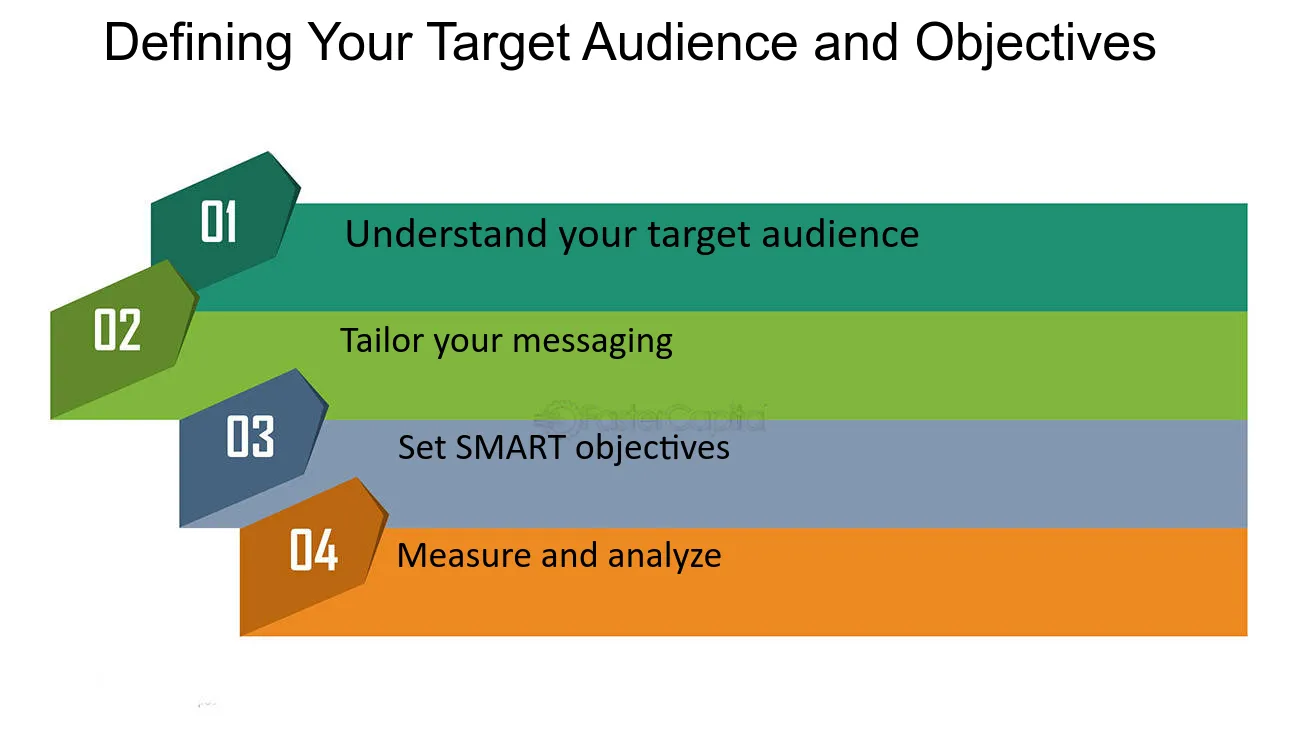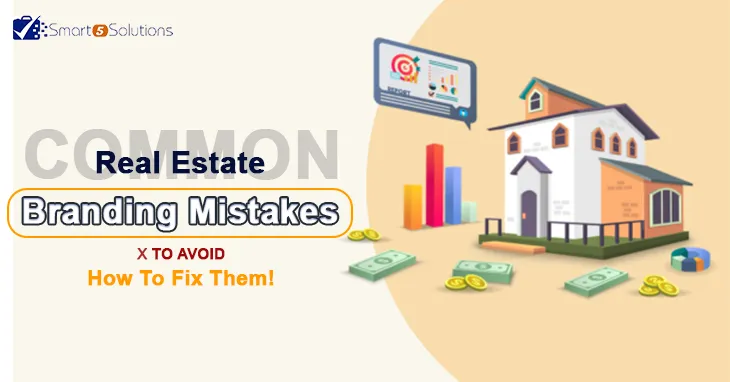Common Real Estate Branding Mistakes How To Fix Them!
Real estate branding in India has significantly grown over the years. The journey from pamphlets and newspaper ads to high-quality digital campaigns has been remarkable. Still, many real estate brands find it difficult to create a fabulous and lasting identity.
This blog will give you tips to know real estate branding, what it means, and why it is important. The common risks to avoid and how to solve them.
What is Real Estate Branding?
Branding is all about the whole experience and people will receive positive outcomes from your business. Real estate is about developing a unique identity for your real estate business. It describes your impact, services, and market capability.
A strong brand builds satisfaction with customers. It includes a logo, colour, messaging and a marketing plan. Impactful branding attracts leads and improves your market presence.
Why Does Real Estate Branding Find Difficulty With Branding?
Real estate brands come with different challenges because you are not selling small things. It's important to take the right steps and avoid unnecessary steps, for branding is very important.
Real Estate branding usually struggles because it's about selling more than properties. It's about selling trust, lifestyle, and vision.
The challenge comes in standing out in a market flooded with similar promises while connecting emotionally with buyers.
Without a unique story or identity, brands fail to build lasting impressions, making it difficult to win loyalty in this competitive world.
Common Mistakes in Real Estate Branding and How to Fix Them
1. Lack of regular branding across platforms:
A common mistake in real estate branding is irregular messaging across different platforms, whether it's your website, social media, or print materials, inconsistency in colour, fonts, and logos can confuse your audience. This inconsistency can decrease the brand image.
How To Fix It:
To fix this, create comprehensive brand guidance that involves a logo, colour scheme, fonts, and tone of voice. Ensure that these elements are used regularly across all channels. This consistency will help to create a solid and professional image that clients can easily satisfy.

2. Focusing too much on features instead of benefits:
Many real estate brands concentrate on listing property features, such as square footage and number of rooms. While this information is essential, they usually fail to interact with the real value of property to potential clients, such as lifestyle advantage or emotional appeal.
How To Fix It:
Shift your concentration from the technical details to the emotional benefits. This property improves your lifestyle by solving particular needs. Its features connect with your desires, telling a story of perfect living.

3. Not defining a clear target audience:
Real estate brands are many times unsuccessful in setting and segmenting their target audience, leading to marketing efforts that don't match anyone. Customize your message to resonate deeply with your niche, not the masses.
How To Solve It:
Determining your best customers by analyzing demographic behavior and preferences customize your branding efforts to speak accurately with customers. When your message is informative, your marketing will be more productive in impressing customers.

4. Ignoring the importance of online presence:
In today's digital age, an outdated or non-existent online presence can create a negative impact on your brand. Targeted customers many times start their search for a real estate agent online, and if they can't find you, they may quickly move on to a competitor.
How To Fix It:
Invest in a user-friendly, mobile-friendly website with up-to-date listing information and testimonials, also make sure to be active on social media platforms like Facebook, Instagram, and LinkedIn to interact with customers and share the best content.

5. Not focusing on customer experience and reviews:
A Real estate brand that doesn't prioritize customer experience is a negative indication or no reviews can decrease the impression and credibility, especially when targeted customers and clients depend heavily on feedback from others.
How To Fix It:
Ensure you give amazing customer service at every step of the process. Follow up with clients and ask for testimonials or online feedback, then show positive feedback on your website and social media profiles to create trust and engage new business.





